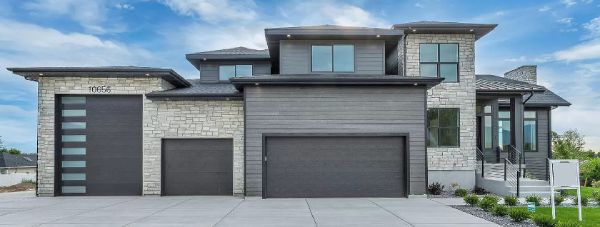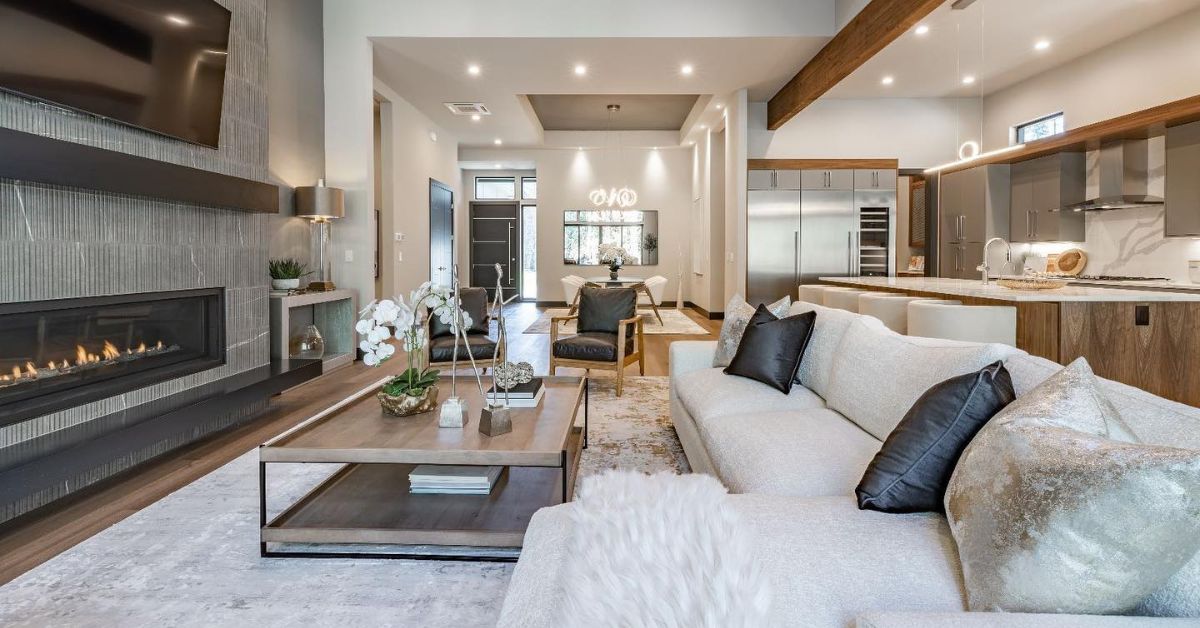Remodeling a small home can be an exciting and rewarding project, but it also comes with its fair share of financial considerations. The cost of a full remodel can vary significantly depending on a variety of factors, including the size of the home, the scope of the project, the quality of materials used, and the location of the property.
In this comprehensive guide, we’ll explore the typical costs associated with a full remodel of a small home, as well as strategies for managing your budget and getting the most value out of your investment.
Defining a “Small Home”
For the purposes of this discussion, let’s define a “small home” as a single-family residence with a total square footage of 1,500 or less. This encompasses a wide range of home sizes, from cozy one-bedroom cottages to compact two- or three-bedroom houses.
Average Costs for a Full Remodel
According to data from Remodeling Magazine’s 2023 Cost vs. Value Report, the average cost of a full home remodel for a 1,000-square-foot home is approximately $100,000. This figure includes the following major components:
- Kitchen remodel: $30,000
- Bathroom remodel: $20,000
- Interior finishes (flooring, walls, ceilings): $20,000
- Exterior upgrades (siding, windows, doors): $15,000
- Mechanical systems (HVAC, electrical, plumbing): $15,000
It’s important to note that these are national averages, and the actual costs can vary significantly depending on your location. Homeowners in high-cost areas like the West Coast or Northeast may expect to pay significantly more, while those in more affordable regions may see lower overall costs.
Additionally, the specific scope of the remodel can impact the total price tag. For example, a full gut renovation with extensive structural changes and high-end finishes will be more expensive than a more modest remodel focused on cosmetic updates and energy-efficient upgrades.
Factors That Influence Remodel Costs
Several key factors can impact the overall cost of a full home remodel:
Size and Complexity
Larger homes with more square footage and complex layouts will generally cost more to remodel than smaller, simpler homes.
Age and Condition
Older homes may require more extensive work to address issues like outdated electrical systems, poor insulation, or structural problems, which can drive up the overall cost.
Permits and Inspections
Depending on the scope of the remodel, homeowners may need to obtain permits and undergo inspections, which can add to the project’s expenses.
Labor Costs
The cost of labor can vary significantly based on the local market, the expertise of the contractors involved, and the demand for their services.
Material Costs
The quality and type of materials used, such as high-end appliances, custom cabinetry, or premium flooring, can significantly impact the overall budget.
Unexpected Challenges
Remodeling projects can often uncover hidden issues or require additional work that was not initially anticipated, leading to unexpected costs.
Strategies for Managing Remodel Costs
To help keep your full home remodel within budget, consider the following strategies:
Prioritize Your Needs
Carefully evaluate your must-have features and nice-to-have upgrades, and focus your budget on the most essential elements first.
Explore Financing Options
Consider options like home equity loans, personal loans, or even crowdfunding to help spread the cost of the remodel over time.
Seek Out Cost-Saving Alternatives
Look for ways to save money, such as using stock or semi-custom cabinetry, opting for less expensive flooring options, or tackling some DIY projects.
Hire Experienced Professionals
While it may be tempting to try and save money by doing the work yourself, hiring qualified contractors can help ensure the project is completed efficiently and to a high standard, potentially saving you money in the long run.
Incorporate Energy-Efficient Upgrades
Investing in energy-efficient features, such as high-performance windows, insulation, or HVAC systems, can help offset the initial cost through long-term utility savings.
Maintain Realistic Expectations
Understand that unexpected challenges may arise, and be prepared to adjust your budget accordingly. Leaving a contingency fund can help you navigate any unforeseen expenses.
The Benefits of a Full Home Remodel
While the cost of a full home remodel can be significant, the potential benefits can make it a worthwhile investment:
Increased Home Value
A well-executed remodel can significantly increase the value of your home, making it a smart financial decision if you plan to sell in the future.
Improved Functionality
Remodeling allows you to customize your living space to better suit your needs and lifestyle, enhancing your overall comfort and enjoyment of the home.
Enhanced Energy Efficiency
Upgrading outdated systems and incorporating energy-efficient features can lead to lower utility bills and a more sustainable living environment.
Renewed Aesthetic Appeal
Transforming the look and feel of your home can provide a fresh, updated, and personalized living space that reflects your style and preferences.
Potential for Rental Income
If you have a small home, a full remodel could make it more attractive for rental purposes, providing an additional income stream.
Ultimately, the decision to undertake a full home remodel will depend on your specific goals, budget, and the long-term value it can provide. By carefully planning, budgeting, and working with experienced professionals, you can create the small home of your dreams while maximizing the return on your investment.





